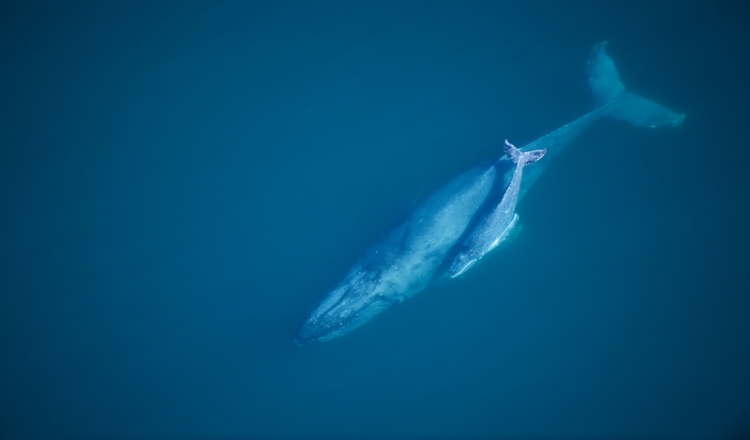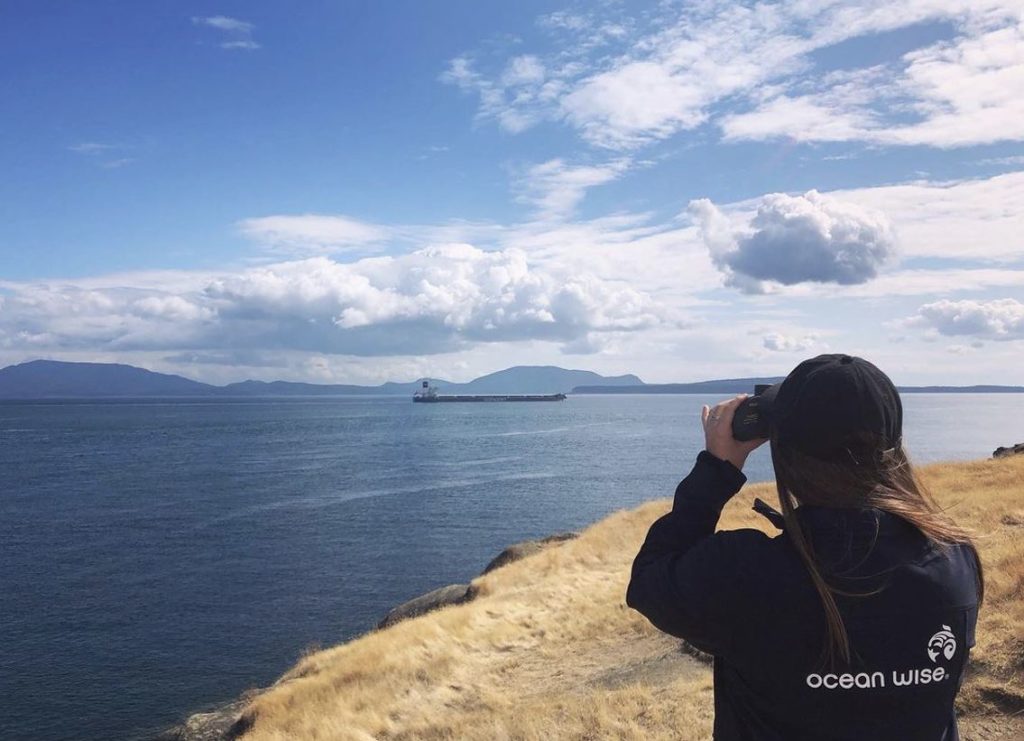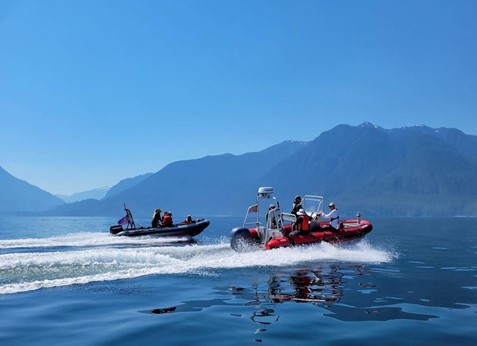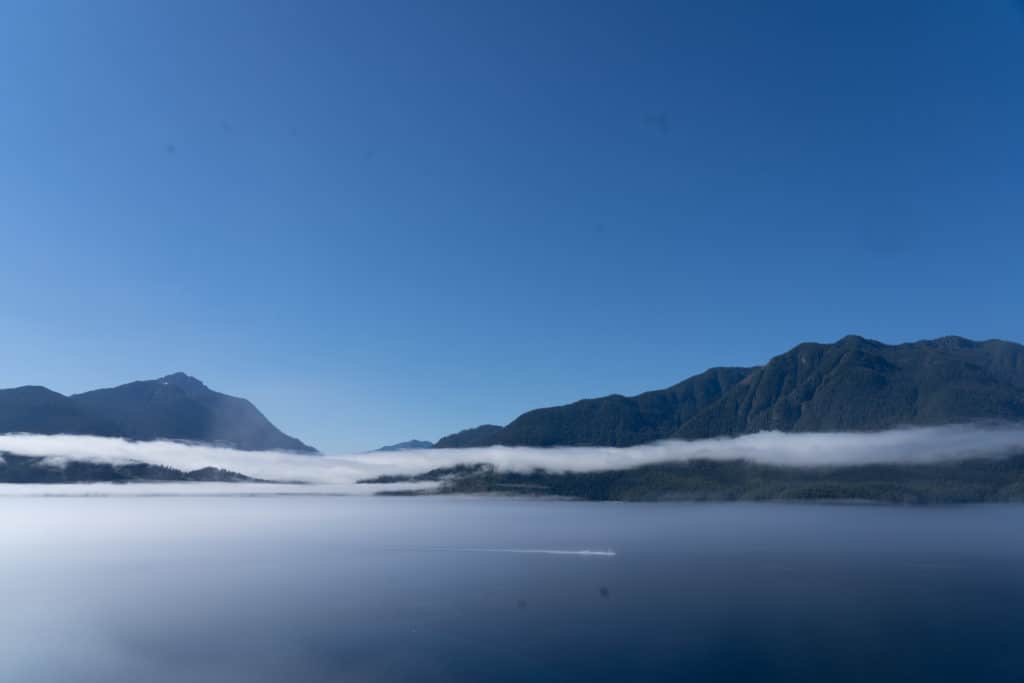
Acoustic Smog: Animals and Underwater Noise
Sound travels five times faster and much farther in water than it does in air, whereas light, as all divers know, transmits only short distances in water. In the darkness of the underwater world, marine animals use hearing the way terrestrial animals use sight – to navigate, to avoid perils, to stay with group members and to find food.
While most people have heard recordings of the hauntingly beautiful calls of whales and the chatter of dolphins, smaller marine animals, such as fish and invertebrates, also depend on sound. For example, some fish and shrimp use sound to define their breeding territories, and sounds produced by others play a role in maintaining schools.
Human activities such as shipping and seismic exploration produce vast amounts of noise–noise that is steadily increasing. For example, in the open Pacific, underwater noise levels have been doubling in intensity every decade since the 1960s. This underwater noise creates ‘acoustic smog’ that reduces the ability of marine animals to acquire information about their environment.
Underwater noise can have a range of effects on marine animals – it can drown out the calls they use to communicate, the echolocation sounds they use to navigate and locate food, and the sound of predators. It can cause them to avoid areas where they would normally go to seek food or shelter for their young and drive them into dangerous or unsuitable habits. Chronic or acute exposure to noise can also cause temporary or permanent hearing loss, as it does with humans.
Many human activities pose threats to marine animals—threats such as overfishing, abandoned fishing gear, habitat loss, and chemical contamination. Underwater noise presents yet another threat to marine animals, many species of which are already facing precipitous population declines.
What can we do?
- Ships don’t have to be nearly as noisy as they are. Factors such as hull vibration, engine noise, and propeller cavitation all contribute to a vessel’s acoustic ‘footprint’ and vary widely depending on ship design and condition. Fortunately, modifications that make vessels quieter are relatively simple and usually make them more fuel-efficient, providing an economic incentive for reducing noise.
- Programs like Green Marine – a voluntary initiative that works towards reducing the environmental footprint of marine shipping operations – have great potential to further incentivize noise reductions.
- Canada is taking steps to protect our marine environments – through initiatives like the Marine Planning Partnership (MaPP) in British Columbia between First Nations and the province, Fisheries and Ocean Canada’s National Marine Protected Areas Network in all three oceans, and the federal government’s National Conservation Plan. The Species at Risk Act’s critical habitat protection provisions also have the potential to prevent or reverse habitat degradation caused by noise.
Underwater noise pollution is a serious and growing threat. Fortunately, effective solutions are well understood and vastly simpler and more affordable than solutions to many other threats to marine environments such as climate change and ocean acidification. Furthermore, it is an issue that has recently attracted considerable public interest in Canada and in some other parts of the world, the US and Europe, in particular. In light of these facts, we are cautiously optimistic that this issue will soon get the attention it deserves with policy makers.
Dr. Lance Barrett-Lennard and Kathy Heise are Vancouver Aquarium researchers. They are visiting Ottawa this week speaking at the WWF-Canada/All Party Ocean Caucus ‘Ocean on the Hill’ event to raise awareness about ocean noise and the measures we can take to mitigate the harm it does to marine animals.
Posted March 31, 2014 by Ocean Wise








